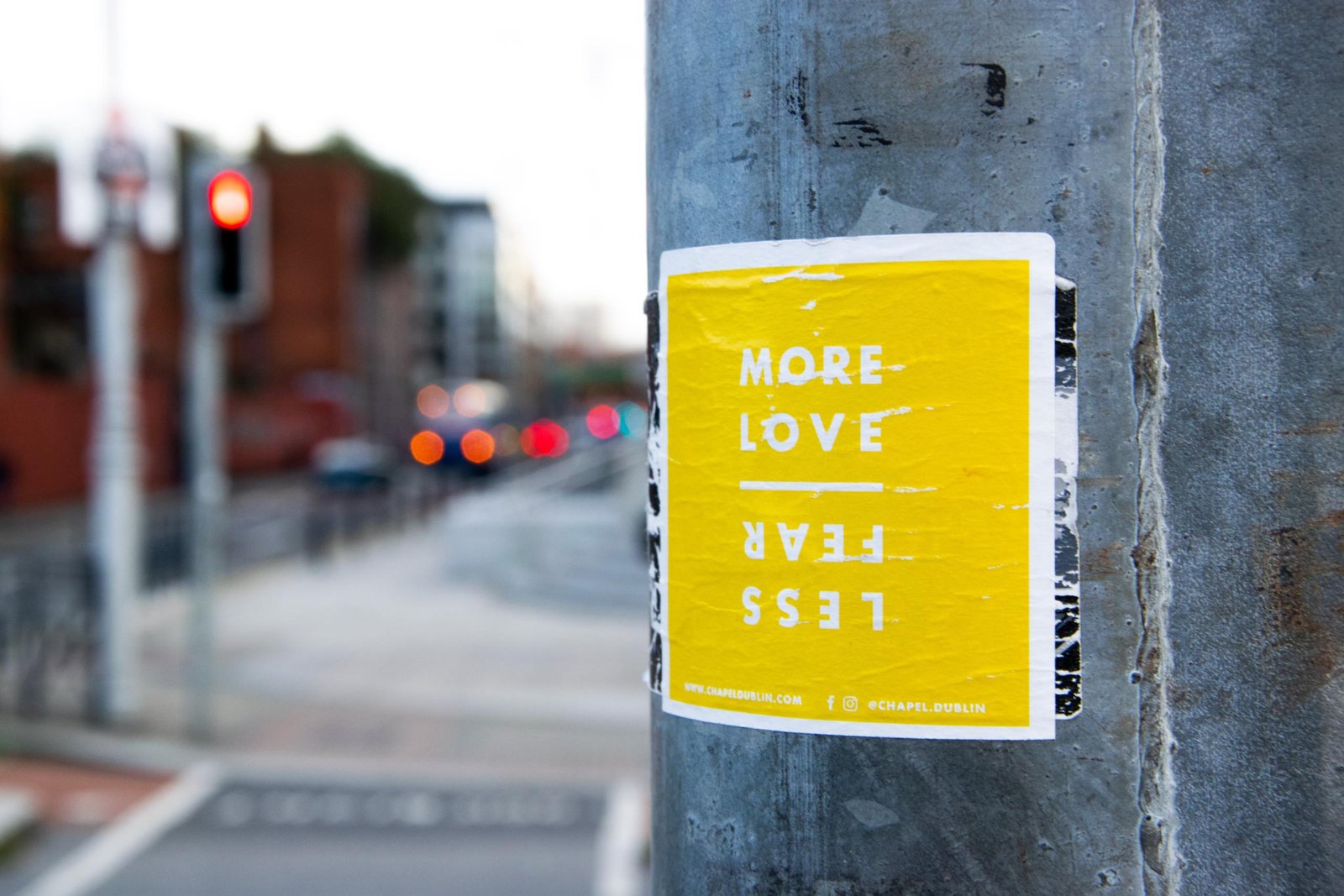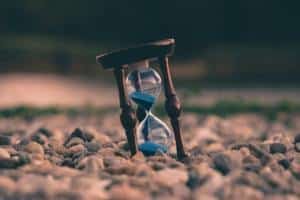While Covid has dominated the news (and my own world) the last few weeks, it’s been heartening to hear some different news where the Colston Four were found not guilty in the UK.
If you haven’t followed, in June 2020, as Black Lives Matter protests were sprouting around the world, four activists in Bristol helped topple a statue of the 17th-century slave trader Edward Colston. They faced charges for causing criminal damage, and after a two week trial, were recently found not guilty.
Now, this email isn’t about statues, or what should happen to them.
It’s about the moral reckoning with our history – and our present – that is just in its infancy.
The UK (and much of the colonised world, including my home country, Australia) has a moral duty to reckon with its past, to recognise that much of its prosperity has come off the back of slavery and other atrocities.
But we also need to reckon with our present. With the violence & inequality inherent to capitalism, the continued exploitation of the global south, our extractive relationship to the natural world, and with all the ways structural racism & white-bodied supremacy still exists today**.
You see, capitalism and supremacy culture both have roots in colonisation (which reminds me of this simple but useful chart from Rupa Marya).
And they’re both products of profound disconnection.
Disconnection from the natural world, allowing endless extraction.
Disconnection from each other, our shared humanity, allowing exploitation.
Disconnection from our bodies, losing their wisdom and allowing their overwork.
Disconnection from our heart and spirit, allowing growth and profit to become a new form of worship.
And so, part of healing the root of capitalism & supremacy culture must be to practice an active reconnection.
With nature. With ourselves. With each other. With truth.
And we must rebuild our systems to be rooted in connection – with empathy, truth, justice at their heart.
Connection can sound naïve; I don’t dispute that. I also don’t presume that the exploitation or trauma of the last 500 years will be healed through kumbaya.
But I also know that we can’t have the moral reckoning we need without first un-thinging each other and the natural world, to feel & know the animating spirit (life) that weaves between each and every living being.
Reconnection is also at the heart of two programs starting soon – if you’re wanting to dive deeper, stay tuned for dates, workshops & more soon.
Internal Revolution: Ending Burnout Cycles & Culture, which is really about reconnecting to our bodies and honouring what is true for us.
Business for the Revolution. Weaving anti-capitalist & anti-oppressive practice, it’s designed for solopreneurs & small business owners to create a thriving business beyond capitalism.
As always, let me know what you think – I value every response.
Love & courage,
Laura



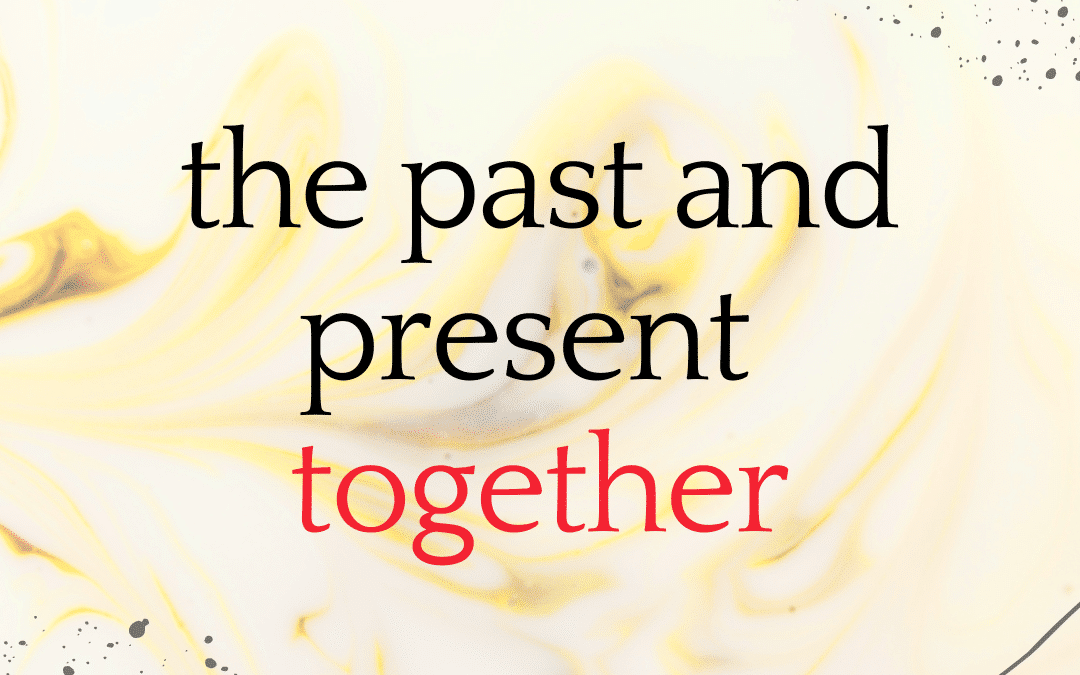
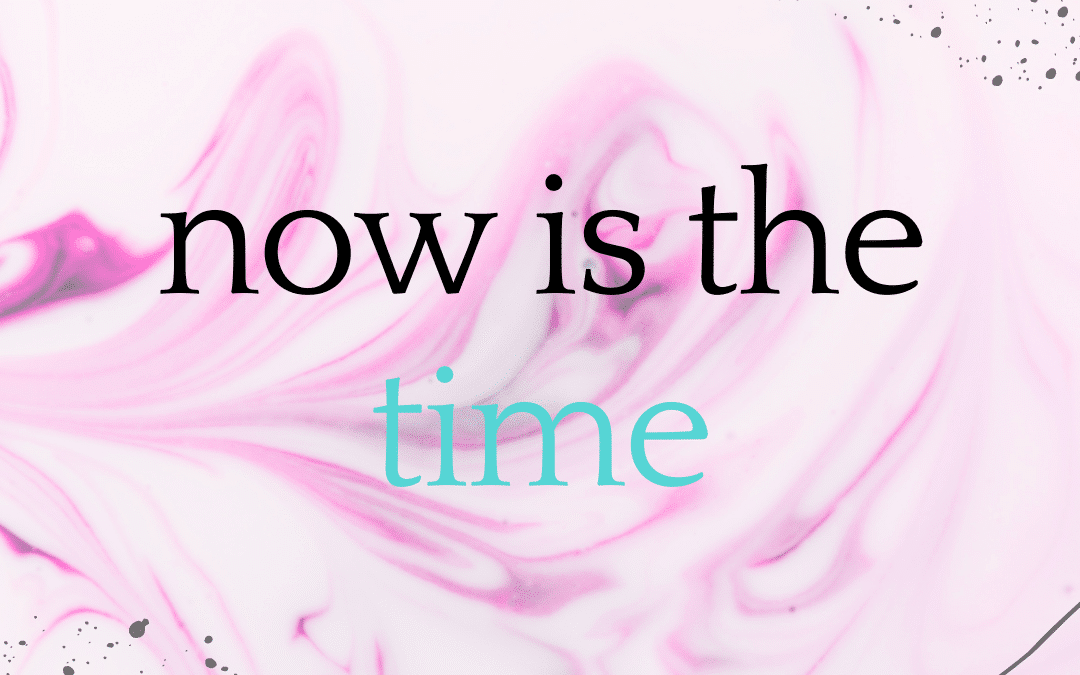
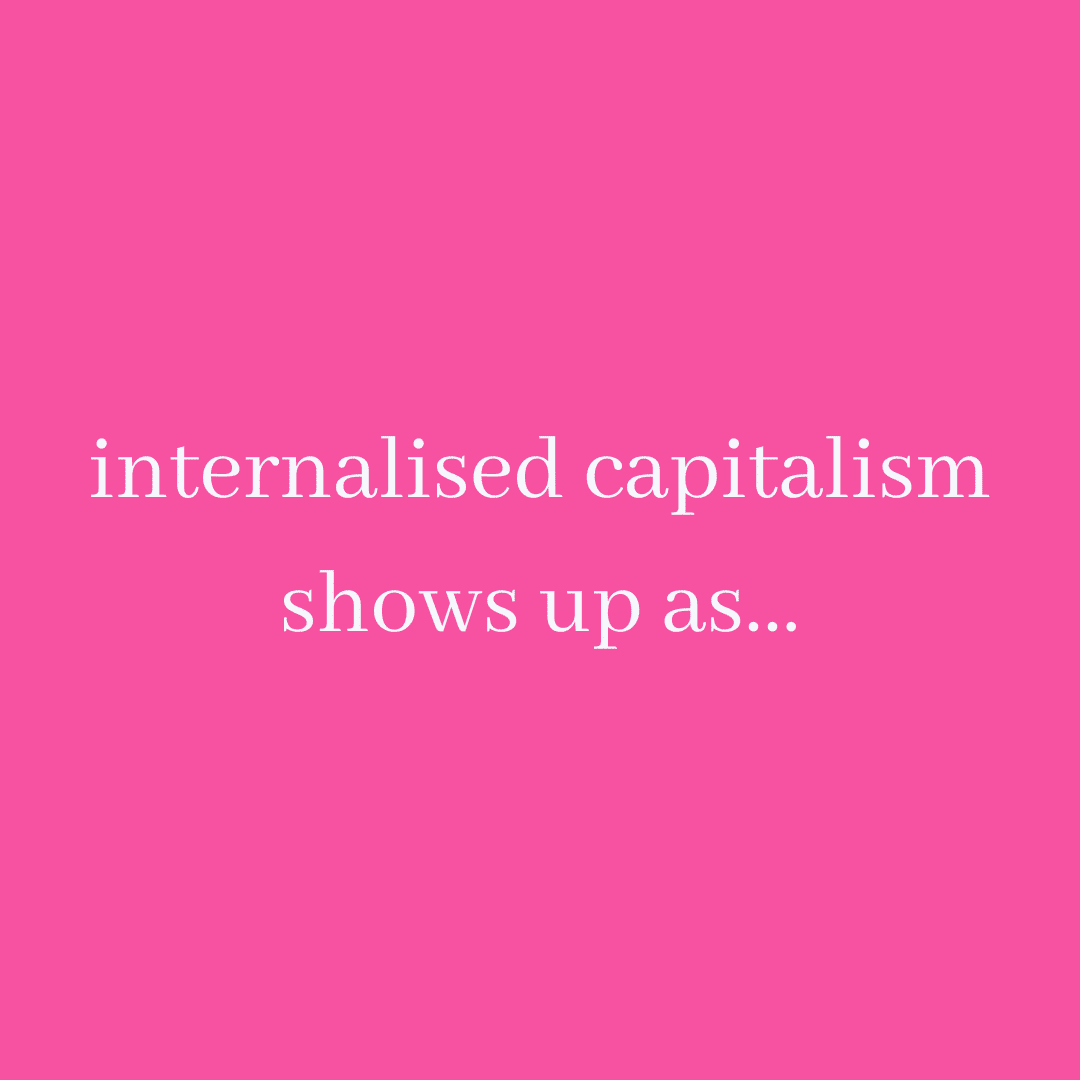
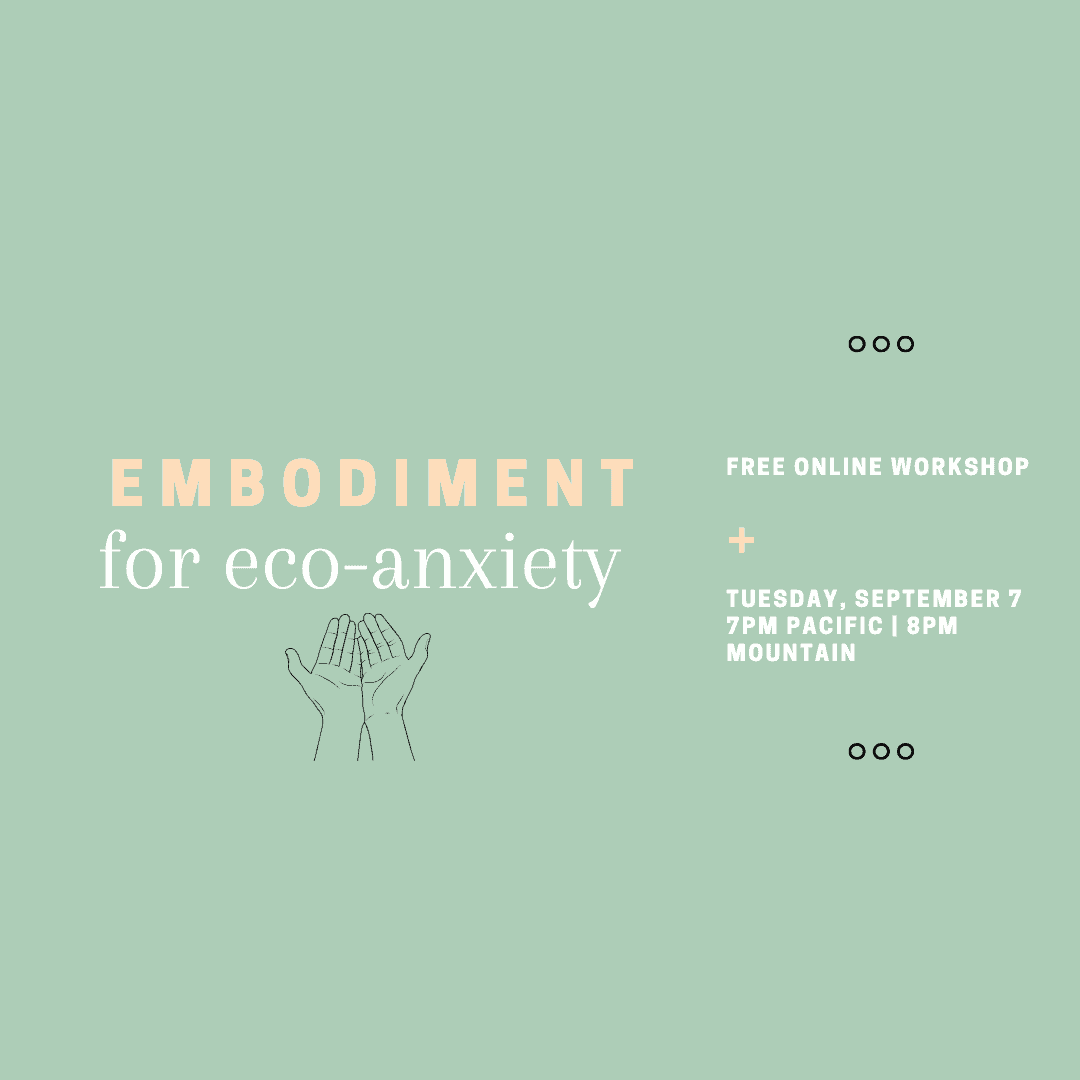
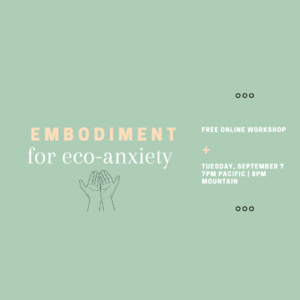 Feeling anxious about the world? Yeah, me too.
Feeling anxious about the world? Yeah, me too.